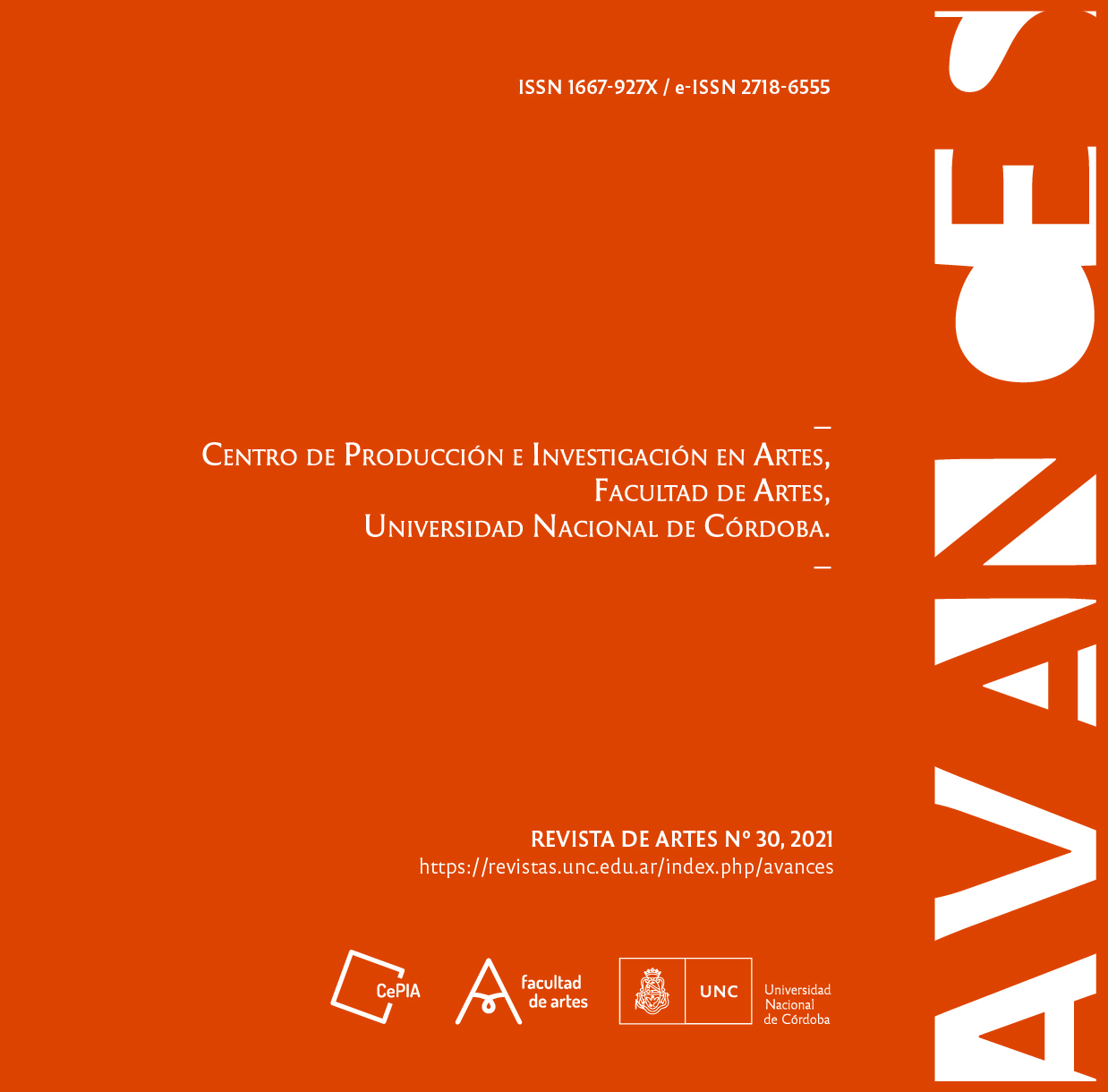Identity performance as a political struggle: a reading of Las malas by Camila Sosa Villada
Keywords:
Politics, Identity performance, Camila Sosa Villada, Distribution of the sensible, Precarious livesAbstract
This paper will analyze the political dimension of identity performance in Las malas (2019) by Camila Sosa Villada through the contributions of Jacques Rancière and Judith Butler. We will explore strategies of appropriation and claim implemented by Camila and other characters as a means of shedding light on their existence: of making it visible, but also audible. For instance, the imposition of certain duties condition the realm of potential actions that different subjects can accomplish, limiting their aspirations and even managing to infringe their human rights. By contrast, social practices of appropriation and claim constitute themselves as self-affirming and vindicative exercises, opposing to the aforementioned limitations the subject's own inclinations (which can be read as self-imposed duties), intrinsically tied to the way characters define their identities. Nevertheless, these women suffer, throughout the story, successive invasions and aggressive episodes that progressively advance over their domains, rendering their struggle increasingly difficult.
Downloads
References
Butler, J. (2006). Vida precaria. El poder del duelo y la violencia. Buenos Aires: Paidós.
Butler, J. (2009). Marcos de guerra. Las vidas lloradas. México: Ed. Paidós.
Rancière, J. (1996). El desacuerdo. Política y Filosofía. Buenos Aires: Ed. Nueva Visión.
Sosa Villada, C. (2019). Las malas. Buenos Aires: Tusquets Editores.
Wetzel, A. G. (2020). Formas de la aparición en Las malas de Camila Sosa Villada. Revista Landa, 8(2), pp. 51-78.
Downloads
Published
Issue
Section
License

This work is licensed under a Creative Commons Attribution-NonCommercial-ShareAlike 4.0 International License.





















